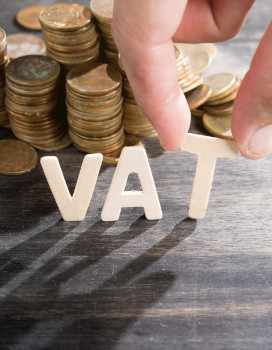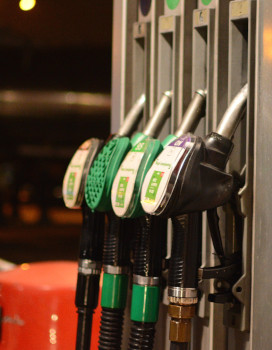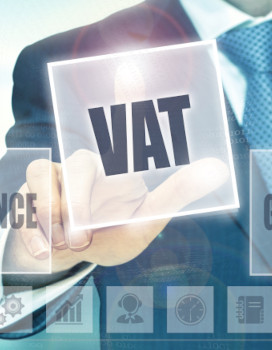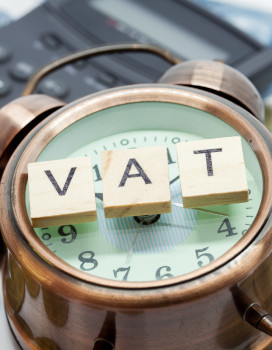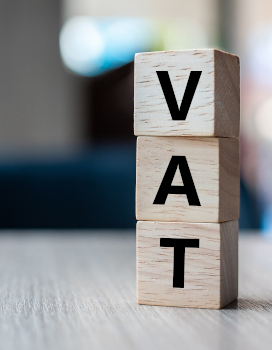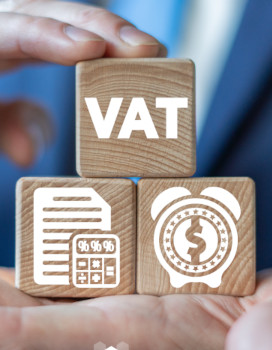On 1 July 2021, new requirements for VAT settlement in JPK_V7 came into force. The exception are regulations related to the e-commerce package and the obligation to mark in the sales register the date of payment or the date of payment in the bad debt relief, which come into force on 1 January 2022.
Category: Value added tax
Situations related to a tax inspection generally arouse fear and apprehension among taxpayers just after receiving a notice of the intended tax inspection. Indeed, a tax inspection is a procedure that goes far beyond the scope of verifying activities, whereby the tax authority, as a rule, verifies the timeliness and correctness of filed returns and paid taxes.
The CJEU in the judgment issued on 15 April 2021 indicates that penalties concerning irregularities in VAT settlements must take into account of all the circumstances of the case. They cannot be applied where it is impossible to estimate the negative effects of an action and without verifying the intentions of the taxpayer. Penalties are intended to prevent fraud and tax offences, and therefore cannot be an expression of oppressive treatment of entrepreneurs by the state authorities.
Taxpayers using fuel cards are unsure when they will be entitled to deduct VAT and when their purchase of fuel will be exempt from this tax. The problem relates to the lack of clarity regarding the classification of such purchase as a supply of goods or provision of a financial service. The Ministry of Finance, after long consultations, issued on 16 February 2021 a general ruling concerning transactions performed with the use of the so-called fuel cards. The interpretation was intended to finally clarify doubts of taxpayers as to when refuelling with fuel cards is a supply of goods and when it is a service.
The consultations of the Ministry of Finance on the draft amendment to the VAT Act to introduce e-invoicing have ended. Poland will join countries like Spain, Portugal or Italy that have already introduced this innovation. It means not only facilitation for entrepreneurs, but also greater control over their transactions.
Taxpayers can reclaim interest for failing to declare intra-Community acquisitions of goods on time. According to the Court of Justice of the European Union, Polish rules on the right to deduct VAT on intra-Community acquisitions of goods are in breach of EU rules. The CJEU ruled that the right to account for tax due and input tax in the same period should not be subject to any time limit. Furthermore, IC-acquisition must always constitute a tax-neutral transaction, which means that the tax authorities are not entitled to interest for a late declaration of the transaction.
Entrepreneurs from the United Kingdom of Great Britain and Northern Ireland and the Kingdom of Norway who settle VAT in Poland are not required to appoint a tax representative despite Brexit. Poland has joined the group of member states that make it easier for taxpayers from certain third countries to settle tax on goods and services in Poland. The new regulations will come into force retroactively from 1 January 2021.
Right after the tension of the first package of facilitations for VAT taxpayers ‘SLIM VAT’, which came into force on 1 January 2021, went down, the Ministry of Finance published the assumptions for the next package ‘SLIM VAT 2’. From 18 February 2021 to 1 March 2021, pre-consultations were held for the package ‘SLIM VAT 2’. The package, according to preliminary assumptions, should become effective from 1 October 2021 or 1 January 2022.
The CJEU has issued a landmark judgment concerning VAT settlements between a branch and a principal establishment belonging to a VAT group, where both locations are situated in different countries within the EU. According to the Court, a branch of a foreign entrepreneur in one member state should be treated as a separate VAT taxpayer from the head office belonging to a VAT group in another member state. Such conclusions were contained in the judgment of 11 March 2021, case C-812/19 – Danske Bank A/S. The consequences of such a turn of events will be felt by many entrepreneurs.
Explanations of the Ministry of Finance regarding the intra-Community supply of goods issued on 17 December 2020 systematize the current practice of applying the provisions regarding the intra-Community supply of goods. It should be reminded that the explanations do not apply to all conditions for applying the 0% VAT rate, but only to one of them. MF referred to the situation when goods have been dispatched or transported by the supplier from an EU Member State to the purchaser in the territory of another EU Member State.



